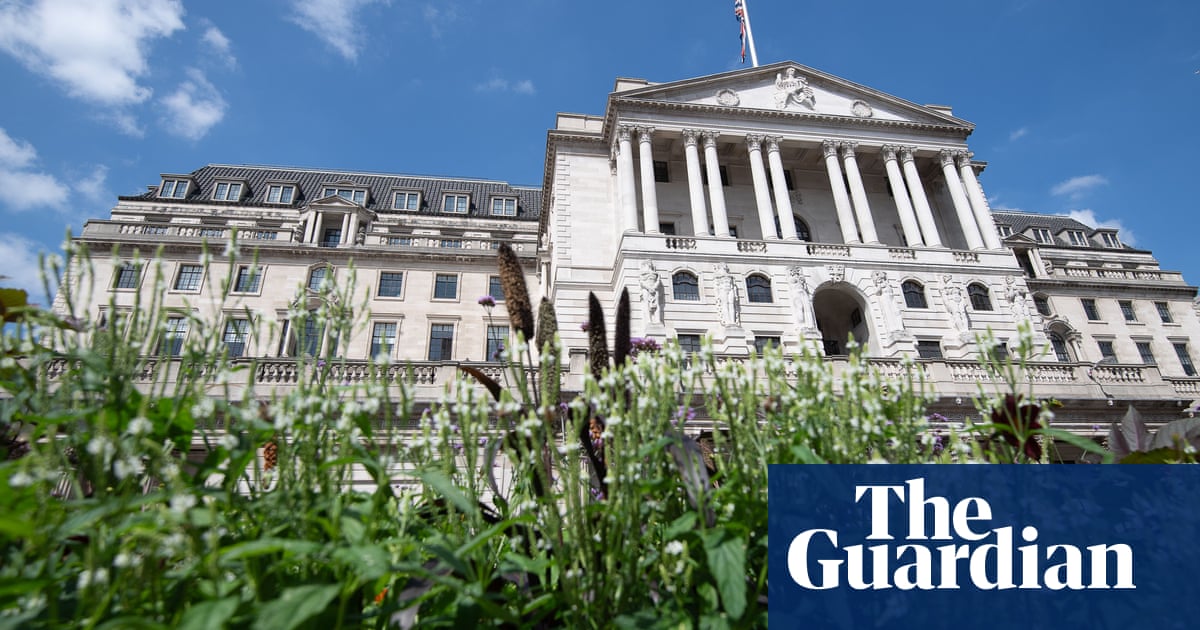The governor of the Bank of England has said interest rate cuts will be “in play” at forthcoming policy meetings amid progress in sharply reducing the UK’s headline rate of inflation over the past year.
In a signal that Threadneedle Street is preparing the ground for a cut in borrowing costs within months, Andrew Bailey told the Financial Times: “All our meetings are in play. We take a fresh decision every time.”
The central bank kept interest rates on hold at 5.25% on Thursday for a fifth consecutive time. However, its rate-setting monetary policy committee said there were “encouraging signs” of falling inflation that could open the door for interest rate cuts in future.
Official figures show retail sales in Great Britain beat analysts’ expectations of a decline in February, with zero growth in spending on the high street and online after wet weather put a dampener on consumer spending.
City economists had predicted a 0.3% fall in sales for the month. February was one of the wettest months on record, with southern England experiencing more than twice the average level of rainfall.
Analysts said the figures indicated household spending was holding up better than expected, in a positive sign for the UK economy, which went into recession at the end of last year. However, household finances remained under pressure from elevated interest rates and higher prices for essentials.
Danni Hewson, the head of financial analysis at the stockbroker AJ Bell, said: “Things are improving slowly but the next barrage of bill increases is just around the corner and wage increases, tax cuts and falling inflation won’t mitigate those completely.
“The retail sector is likely to remain volatile for months to come as people continue to feel less well-off and more vulnerable to shocks.”
Bailey’s comments came as financial markets bet on a first quarter-point cut in June, with expectations for two more reductions before the end of the year to about 4.5% amid a sharp fall in inflation over recent months.
In tacit agreement with the City predictions, the Bank’s governor said: “The fact that we have a curve that has cuts in it for the year as a whole is not unreasonable to me.”
after newsletter promotion
Inflation has fallen back from more than 10% a year ago to 3.4% in February. Most economists expect it will drop further in the months ahead to dip below the Bank’s 2% target, helped by a widely expected fall in energy bills from April.
However, the Bank has warned that inflation could return above its target later this year amid resilient levels of wage growth and rising prices in the service sector of the economy. Economists believe the central bank will therefore wait for at least two more months of official inflation and jobs market data before taking action.
Bailey said he was “not seeing a lot of sticky persistence [in inflation] coming through at the moment”, while suggesting progress was being made in the economy to recover from a shallow recession at the end of 2023.
“Some people are more comfortable with the evidence they are beginning to see, and others feel, no, we are further off from being confident,” he added.
Asked if he was in the former category, he said: “What we are seeing is encouraging to me.”







